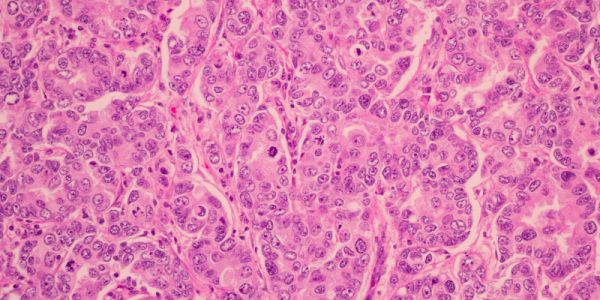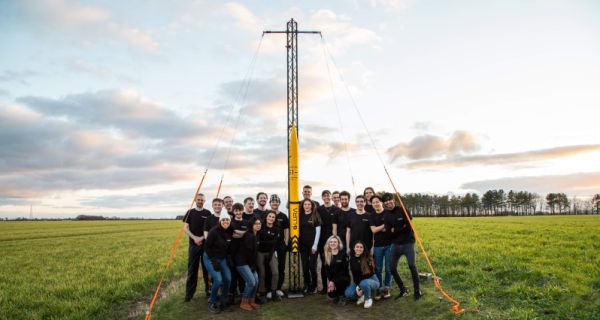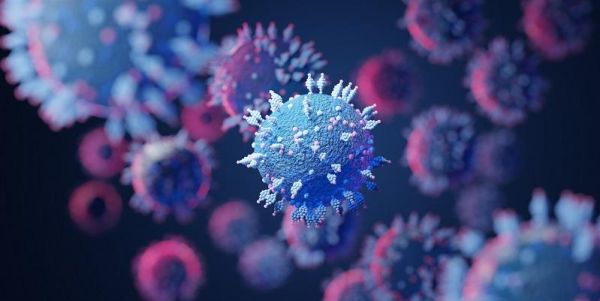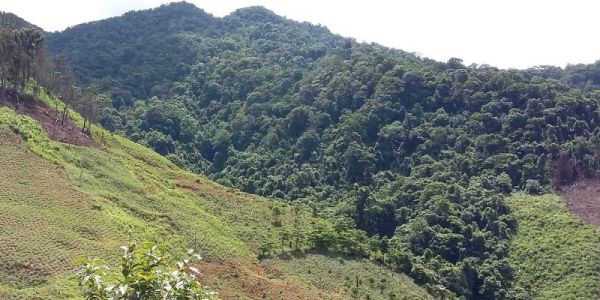
Using AI to detect cancer from patient data securely
A new way of using artificial intelligence to predict cancer from patient data without putting personal information at risk has been developed.

A new way of using artificial intelligence to predict cancer from patient data without putting personal information at risk has been developed.

New research warns that screen use significantly increased among adults during the COVID-19 lockdowns and has continued at a high rate since, highlighting the need for Government guidance.

An astrophysicist at the University of Leeds has been awarded a five-year fellowship to answer one of the most fundamental questions in science – how do planets form?

Theo Youds has always dreamt of going to space. Since forming the first ever rocketry association at Leeds and leading two successful rocket flights, he's set his sights on the Spaceport America Cup.

A new type of ultraviolet light can efficiently kill airborne microbes, such as those which cause COVID-19, a study has found after successful trials.

Engineers and scientists have paved the way for a robot that can reach some of the smallest bronchial tubes in the lungs – to take tissue samples or deliver cancer therapy.

PR and Marketing Communications expert Annalise Coady has launched and transformed brands all around the world.

Researchers using multiple high-resolution satellite observations have found that carbon loss has more than doubled since 2001 due to forest clearance across the tropics.

An education programme to help students to spend less time on screen – and more time living their lives – has won a coveted innovation award for Leeds alum Ryan Bell (Geography 2018).

A life-changing meningitis infection didn't stop Brian Kokoruwe (MA Education 2014) pursuing his dreams of sporting success.